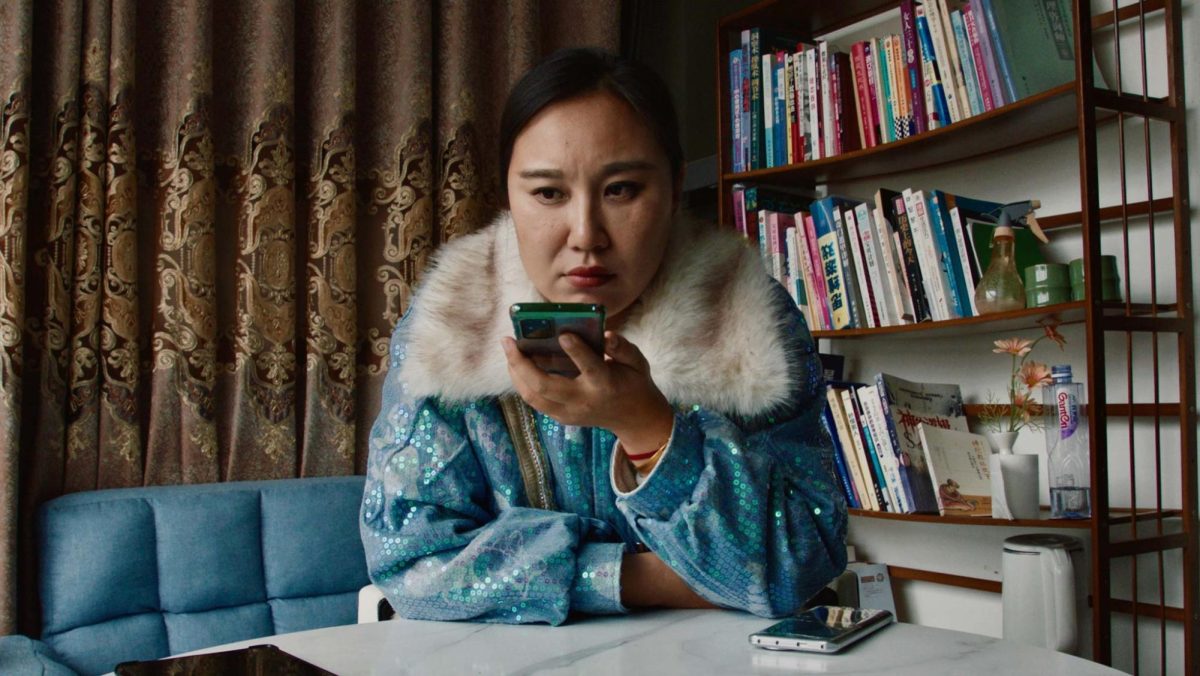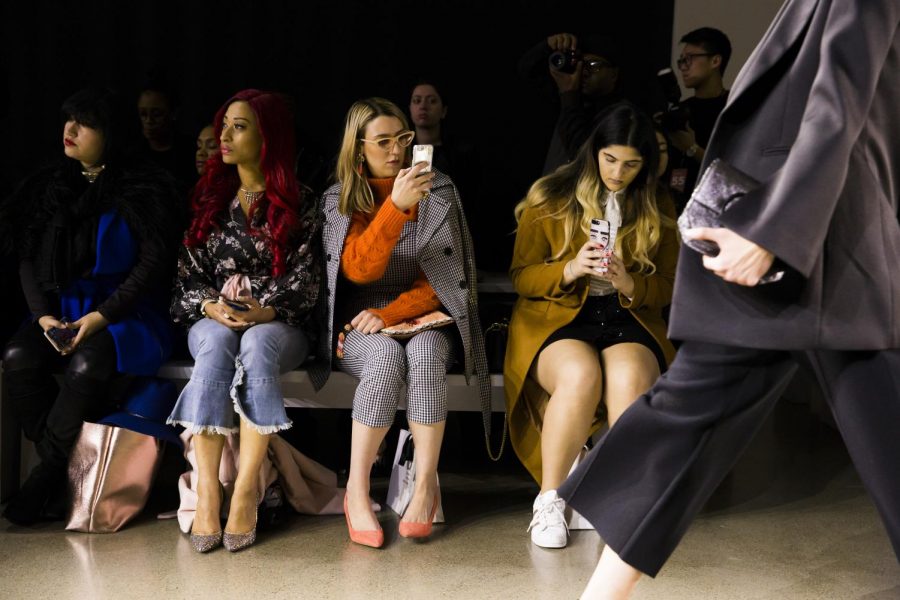Almost all of us have retouched our photos at least once. I’m definitely guilty — I’ve edited my fair share of pimples out of my photos. But apps like Facetune — often used to heavily edit waistlines and facial features — become poisonous to our body image when our online selves start to differ from the faces and bodies we have in real life.
Facetuning feels great at first. I can give myself a free nose job. I can cut off four inches from my waist without going to the gym. I have always had big cheeks, and I can slim down my face in under 30 seconds.
I can see why people use and love the app, but the longer I spend editing my cheeks to be slimmer, the bigger they look to me in the mirror, and the more I dislike how I look in my untouched photos. In the long term, it destroys self-esteem. I could spend that time focusing on the features that I love about myself.
Photoshop was the original Facetune. Magazines have used it for decades to make celebrities seem superhuman in order to convince us to buy something that will make us as flawless as they appear. The magazine and beauty industries profit off of our insecurities. I remember seeing transformation videos when I was as young as six years old that photoshopped faces and bodies. Waists are cinched and pores are blurred. Cover stars like Zendaya and Lili Reinhart have called magazines out for altering their figures and promoting unrealistic bodies. But those were celebrities being photoshopped — now, it’s us. Rather than comparing ourselves to celebrities, we are now comparing ourselves to weirdly doctored versions.
Facetune makes editing dangerously user-friendly to the average Instagram user. Influencers like James Charles have normalized the use of Facetune because “everyone does it.” The $3.99 app is the most downloaded in the Photo & Video category. Everyone you know is probably slightly retouching their photos, and the results are so seamless that you don’t even notice. But we shouldn’t be so quick to dismiss the damage that Facetune creates, just because it’s well-loved.
Many influencers are not so honest regarding their use of Facetune. The private Instagram account @celebface is dedicated to revealing photos of celebrities who use Facetune, and it’s not the only account. The page isn’t a hate outlet, but rather a source to show that the influencers we see online every single day aren’t as perfect as they seem.
It’s so easy to become desensitized to the prevalence of Facetune and similar apps. If there isn’t a warped floorboard in the background, it’s almost impossible to tell if a photo is retouched. We spend hours of our lives looking at strangers through a screen thinking that they look this flawless in real life — but they don’t. They’re human too. And like us, they are insecure. Insecurity is an inherent human quality.
Blurring a zit out of a photo seems harmless enough, but when does Facetune cross the line from making us feel more confident to damaging our self-image?
When you don’t love the person you see in the mirror as much as you love the person on your Instagram feed, you’ve gone too far. Before you start instinctively editing the photo you are going to post on Instagram, ask yourself why you’re doing it. Know that so much of the media we consume is retouched and edited, and know that you can love yourself without Facetune.
“BODIES” is a series about body image. Recently, Kylie has been battling body insecurity — something that many wrestle with. Over the next few months, Kylie hopes to befriend her own body again, and to change the way we talk to and about ourselves because at some point in time, we have all been at war with our own bodies.
Opinions expressed on the editorial pages are not necessarily those of WSN, and our publication of opinions is not an endorsement of them.
Kylie Smith is a sophomore in CAS studying Journalism and Art History. Email Kylie at [email protected].

























































































































































